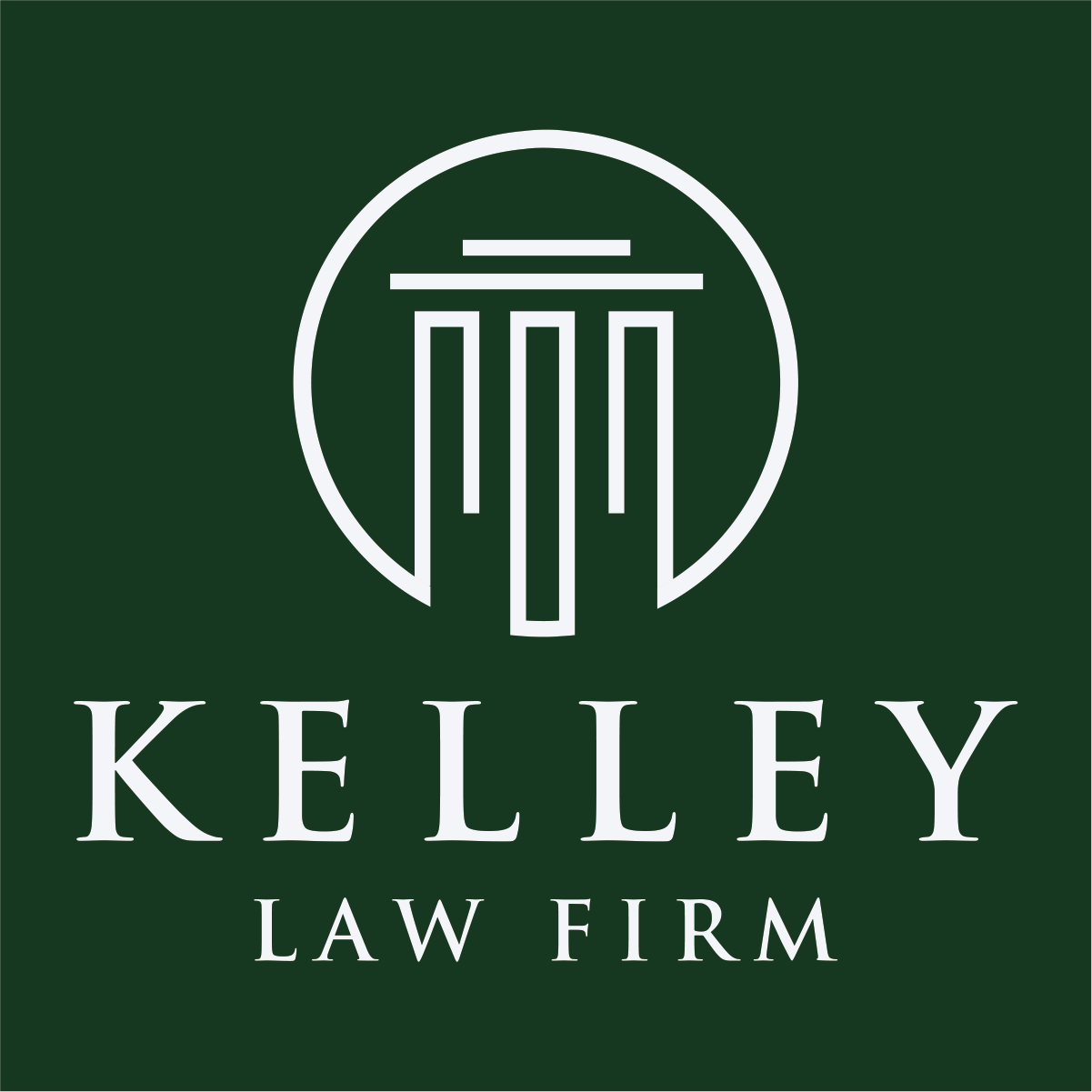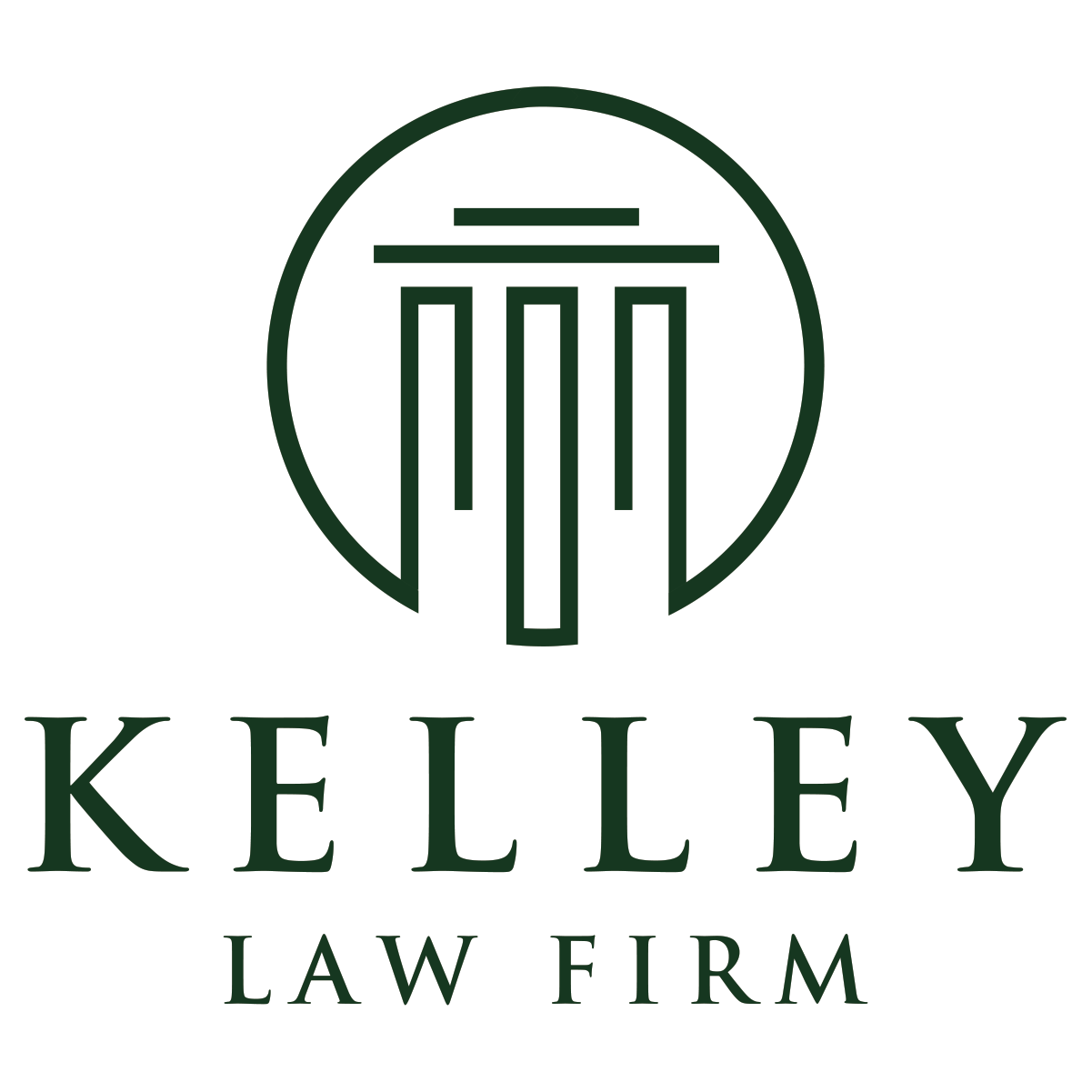The Hidden Cost of a DIY Estate Plan: Why Going at It Alone Can Cost More Than You Think
Should You "DIY" Your Estate Planning Documents in Kansas or Missouri?

In the age of online convenience and digital templates, it's never been easier to find downloadable forms and do-it-yourself kits for just about anything—from building a bookshelf to writing your own will. For individuals looking to save time and money, the allure of a DIY estate plan can be especially strong. After all, estate planning seems straightforward at first glance: decide where your assets go, write it down, and sign on the dotted line. Right?
Unfortunately, it’s not that simple.
While there are situations where a very basic estate plan might be sufficient, for the vast majority of people, attempting to create one without professional guidance can lead to significant risks, unintended consequences, and long-term financial damage. In this article, we’ll explore the downsides of DIY estate planning—and why working with an experienced estate planning attorney is often the smartest investment you can make for your family’s future.
1. Lack of Legal Expertise and Oversight
Estate planning involves much more than just writing a will. It encompasses a wide range of legal tools such as trusts, powers of attorney, healthcare directives, and beneficiary designations—all of which must comply with state-specific laws. What works in one state might be invalid or ineffective in another.
When you use an online form or DIY software, you’re relying on generic templates that may not reflect the laws of your state or the nuances of your personal situation. For example:
- Kansas and Missouri have different laws about probate, spousal inheritance, and guardianship.
- Some states require two witnesses and a notary for a will to be valid; others require different formalities.
- Mistakes in execution can render an entire document invalid, even if the content is technically correct.
Without a trained professional guiding you, it’s easy to miss these critical legal requirements, putting your entire estate plan at risk of being challenged—or worse, completely disregarded—when it’s needed most.
2. Overlooking Key Assets and Beneficiaries
DIY estate planning often fails to account for the full picture of your assets. Many people focus solely on physical property and bank accounts, forgetting that items like life insurance policies, retirement accounts, and jointly-owned property often pass outside of a will entirely.
Inaccurate or outdated beneficiary designations can result in:
- Assets going to an ex-spouse.
- Conflicts among surviving family members.
- Unintended tax burdens for heirs.
- A complete disruption of your intended plan.
An estate planning attorney will review all your assets—not just the obvious ones—to ensure that every piece of your financial puzzle is addressed and coordinated.
3. Inadequate Tax Planning
Even for estates that don’t cross the federal estate tax threshold, tax planning can be critically important. State-level inheritance taxes, capital gains issues, and income tax implications can all come into play, depending on how your estate is structured.
DIY estate planning tools generally do not offer advanced tax planning strategies. This can result in:
- Heirs receiving less than intended due to avoidable taxes.
- Missed opportunities for charitable giving that could reduce tax liability.
- Lack of planning for step-up in basis or other capital gains concerns.
Attorneys who focus on estate planning understand how to structure plans to legally minimize tax liability and maximize the value passed to your loved ones.
4. No Plan for Incapacity
Estate planning isn’t just about what happens after you die—it’s also about what happens if you become incapacitated. Who will manage your finances, make healthcare decisions, or handle your business if you can’t?
Many DIY plans focus exclusively on wills and skip over critical documents such as:
- Durable Power of Attorney
- Healthcare Power of Attorney
- HIPAA Release
- Living Will or Advance Directive
Failing to include or properly execute these documents can leave your family unable to act on your behalf in a crisis—often resulting in expensive and time-consuming court proceedings like guardianship or conservatorship.
5. False Sense of Security
Perhaps the most dangerous downside of a DIY estate plan is that it often creates a false sense of security. You may believe your affairs are in order, only to discover (too late) that your documents are incomplete, invalid, or ineffective.
Some common DIY errors include:
- Naming the wrong type of guardian (or failing to name one at all).
- Creating conflicting provisions in different documents.
- Forgetting to sign or witness documents according to state law.
- Failing to update documents after major life changes like divorce, birth of a child, or a move across state lines.
Unlike a bookshelf that wobbles or a leaky faucet, estate planning errors don’t reveal themselves until you’re incapacitated or gone—and by then, your family is left to deal with the fallout.
6. Complicated Family Dynamics
If you have a blended family, a child with special needs, a family business, or any history of conflict among heirs, a DIY estate plan is especially risky. These situations require careful planning and precise language to avoid disputes, prevent disinheritance, and ensure fairness.
Online tools are not designed to navigate the emotional and legal complexity of:
- Providing for a surviving spouse while protecting children from a previous marriage.
- Creating special needs trusts that preserve government benefits.
- Structuring buy-sell agreements for business succession.
- Avoiding or resolving intra-family disputes before they escalate to litigation.
A qualified estate planning attorney doesn’t just draft documents—they help you navigate these sensitive issues and tailor your plan to your values and priorities.
7. No Ongoing Support or Updates
Estate planning is not a one-and-done project. Laws change, family circumstances evolve, and your financial picture may look very different five or ten years from now. DIY estate plans are typically static—they don’t account for ongoing maintenance or review.
Without professional follow-up, you might forget to:
- Update beneficiary designations after a divorce or remarriage.
- Add new children or grandchildren to your plan.
- Incorporate new assets like real estate or retirement accounts.
- Respond to legislative changes that affect your plan’s validity or effectiveness.
By contrast, working with an estate planning attorney usually includes ongoing support, regular reviews, and a long-term relationship that ensures your plan stays current and continues to meet your goals.
8. Greater Likelihood of Probate and Litigation
One of the most common reasons people create an estate plan is to avoid probate. Ironically, DIY estate plans often increase the likelihood that your estate will end up in court. This can happen due to:
- Ambiguous language in a will or trust.
- Failure to properly fund a trust.
- Omitted or contradictory documents.
- Challenges from disgruntled heirs or creditors.
Probate can be lengthy, public, and expensive—especially when disputes arise. Proper planning by a professional helps streamline the process, reduce costs, and minimize conflict.
9. The Illusion of Savings
Many people pursue DIY estate planning to save money. But consider this:
- A basic estate plan prepared by an attorney might cost a few thousand dollars.
- Probate litigation or court-supervised guardianship could cost tens of thousands.
- Poor tax planning could cost your heirs even more in lost value.
The small upfront cost of doing it right often pales in comparison to the potential cost of getting it wrong. As the saying goes, “Penny wise, pound foolish.”
10. Peace of Mind is Priceless
Finally, perhaps the most compelling reason to avoid a DIY estate plan is peace of mind. When you work with a qualified attorney, you gain the confidence of knowing:
- Your documents are legally valid and tailored to your state’s laws.
- Your wishes will be honored exactly as intended.
- Your family will be protected from unnecessary stress, conflict, and confusion.
- You have a trusted advisor to call when questions or life changes arise.
In matters as important as your legacy, your family, and your peace of mind, cutting corners simply isn’t worth it.
Final Thoughts
DIY estate planning may appear to offer a quick, cost-effective solution—but it comes with risks that can far outweigh any initial savings. Mistakes can leave your loved ones with confusion, legal headaches, and financial loss during an already emotional time.
If you’re ready to take estate planning seriously, consider meeting with a licensed estate planning attorney in your area. A customized, professionally crafted plan ensures your intentions are clearly stated, your family is protected, and your legacy is preserved the way you intend—not left to chance or a court’s interpretation.
Your future—and your family’s—deserves nothing less.


